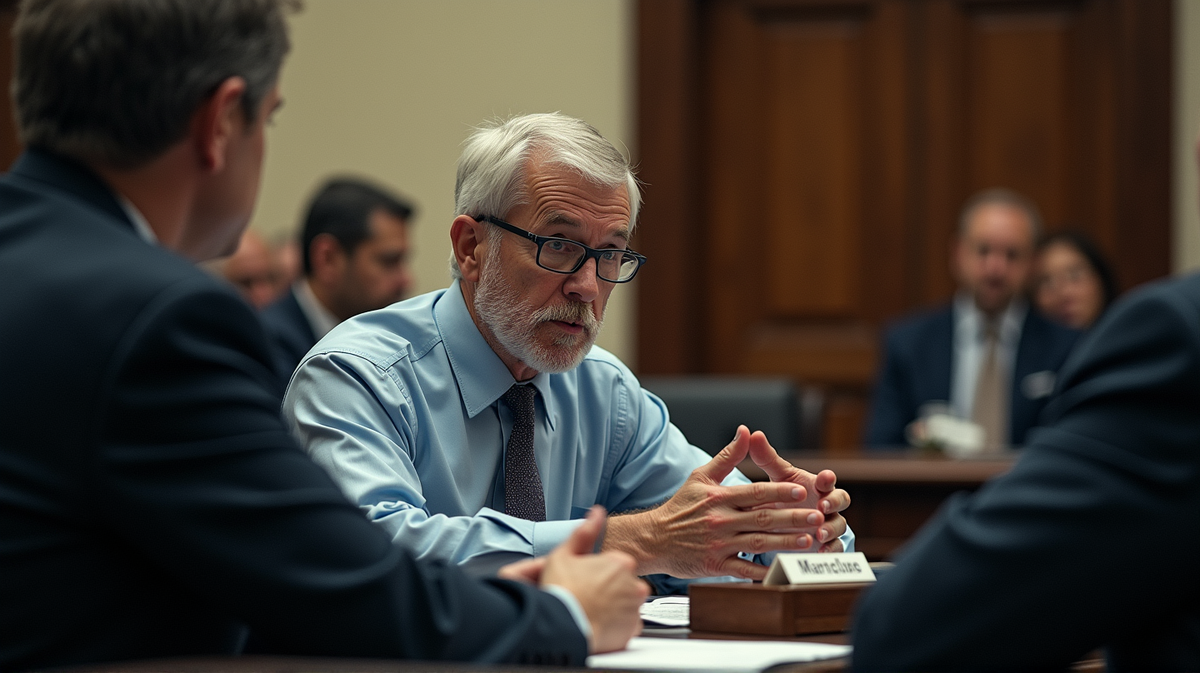Landmark Victory: Medical Aid In Dying Bill Triumphs in State Assembly
A historic win for advocates as the Medical Aid In Dying bill clears the Assembly after a decade-long battle, but the journey isn't over yet.

In what can only be described as a monumental victory after nearly a decade of relentless advocacy, the Medical Aid In Dying bill has successfully passed through the state Assembly—a bill that echoes throughout the corridors of U.S. law-making as it paves the way for critical end-of-life options.
The Long Road to Assembly Approval
Assemblywoman Amy Paulin’s unwavering resolve has finally met with success. First introduced alongside a complementary piece of legislation by Assemblywoman Linda Rosenthal, it has been on the Assembly docket every session since. Despite the odds, Assembly leadership finally brought Paul’s bill to the floor, where it emerged successful, albeit with more hurdles ahead.
Crossing the Final Legislative Bridges
While the Assembly victory is noteworthy, the legislation must now navigate the complexities of the state Senate and ultimately secure the governor’s approval. As stated in observertoday.com, the passage through these stages remains crucial to enshrining the bill into law.
The Vote That Stirs Emotions
The Assembly decision passed with a vote count of 81-67, crossing party lines and sparking fervent debates rooted in moral, ethical, and compassionate considerations. Opponents of the bill, such as Assembly members Andrew Molitor and Joe Sempolinski, voice significant concerns. They question the implications of medical professionals assuming roles that could contradict their vocation’s life-preserving ethos—a powerful dialogue between life, choice, and ethics ensues.
What the Bill Addresses
Enabling terminally ill adults with a prognosis of six months or less, the newly passed bill offers them a compassionate alternative through medication prescribed by their doctor. It provides for strict guidelines, including multiple confirmed requests, physician evaluations, and legal defenses for all participating healthcare professionals. These measures ensure thoughtful implementation—patients retain full autonomy with options to rescind at any point.
A Vision of Dignity and Autonomy
Assembly Speaker Carl Heastie eloquently underscores the bill’s essence: “This is about giving individuals autonomy, dignity, and choice at the end of their lives… ensuring critical safeguards.” This legislation is about striking a delicate balance, offering humanity in patients’ final chapters with a framework that shields both their dignity and decision-making soundly.
While not every jurisdiction embraces such progress—like Kansas moving to criminalize assisted death—New York State leans into compassion, setting a precedent many hope will resonate across more state halls.
As we await the outcomes in the Senate and Governor Kathy Hochul’s stance, New York’s legislative corridors have witnessed a story of hope, choice, and the enduring fight for dignity in life’s most profound moments.





